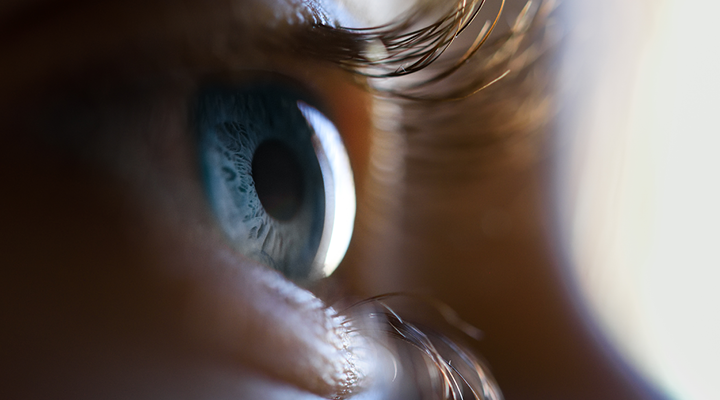Eye floaters are a common visual phenomenon experienced by many people, often appearing as “tiny spots, threads, squiggly lines, or even little cobwebs” that drift across their field of vision. While they can be alarming, understanding what eye floaters are and why they occur can help alleviate concerns.
Learn about the causes of eye floaters, when they might signal a more serious issue, and what steps you can take to manage or treat them.
What are eye floaters?
Eye floaters are small, shadowy shapes that appear in your field of vision. You may notice them when you look at a plain, bright wall, or they may follow you as you move your eyes or try to look directly at them.
What causes eye floaters?
Eye floaters are most commonly caused by aging, especially in people over 50 years old. As you get older, tiny strands in the gel-like fluid inside your eye (the vitreous humor) can stick to one another and cast shadows on the retina, which then show up as floaters.
Other risk factors include a family history of retinal tears and detachment, being nearsighted, or having a history of uveitis. Additionally, trauma to the eye such as infections, tears, or injuries can contribute to the formation of eye floaters.
Are eye floaters dangerous?
Nearly everyone has experienced eye floaters at one time or another. Think of eye floaters like looking through a window with tiny specks all over the glass. They don’t necessarily cause you any harm, but they can be bothersome and affect how you see the world. Most of the time, floaters are harmless and don’t require treatment.
When should you see an eye doctor?
While most eye floaters are harmless, there are times when they indicate the need to see an eye doctor. If you notice a sudden increase in the number of floaters, flashes of light in the eye with the floaters, or darkness on the sides of your vision, it’s important to seek medical attention. These symptoms could indicate a more serious condition, such as a retinal tear or detachment.
Eye exams help detect eye floaters
Regular eye exams are a good way to monitor the health of your eyes and detect any problems early. Your eye doctor will likely dilate your eyes and examine them to check for eye floaters and other potential issues. If you’re experiencing eye floater symptoms that are more serious than usual, schedule an appointment with your eye doctor as soon as possible to discuss management or treatment options.
For more information on vision plans from DeltaVision, visit our website.

